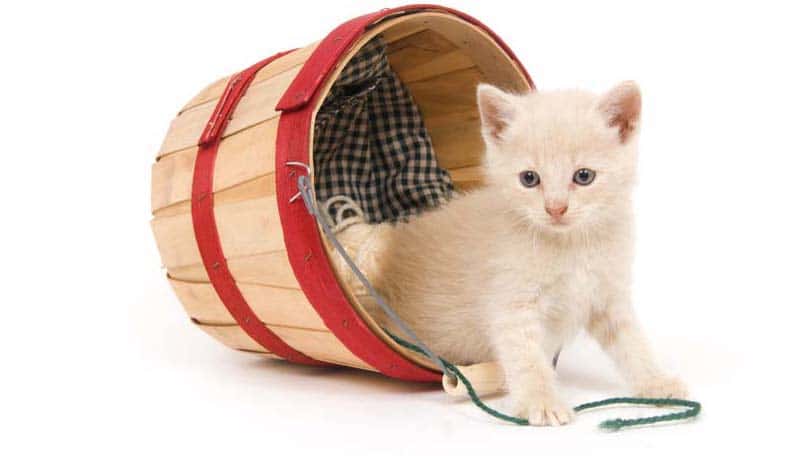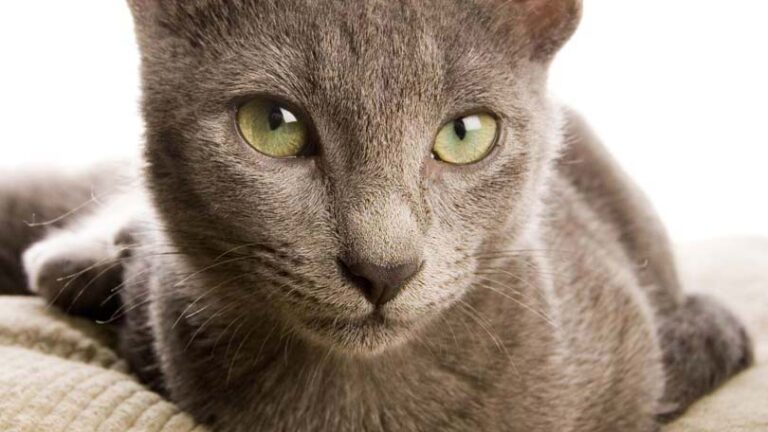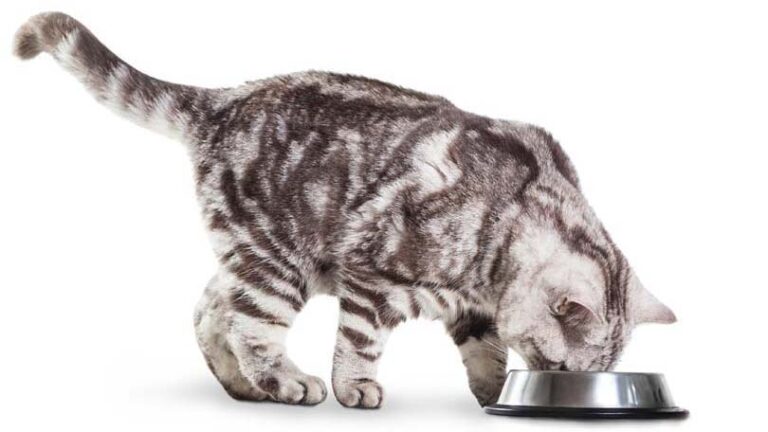Common Cat Health Problems
While cats are not, by nature, complainers, that doesn’t mean that they do not get sick. There are many common cat health problems. Fortunately, most can be treated with good results if caught early enough.
Here are some of the most common cat health problems of which cat owners should be aware. Keep in mind that no information provided here is meant to take the place of advice from you vet.
Fleas
Fleas are probably the most common problem relating to your cat’s health. Fleas are not just a nuisance, they can carry diseases which can be transmitted to your cat.Also, some cats are allergic to flea bites and serious skin irritation can result.While getting rid of a flea infestation is no small task, preventing an infestation is much easier.Applying topical flea prevention each month is the best way to stop fleas from infesting your cat.
Fleas can hide deep within your cat’s coat, so you may never see a flea until it is too late.Regular grooming of your cat will help you spot a flea problem at the very early stages. Be sure to take a look deep within the fur as fleas like to make their home close to the base of the fur. If you cat is scratching a lot, that is one obvious signs that fleas may be present. Also, if you notice what look like specks of dirt in her fur, that is likely a sign of fleas as well.
Obesity
Obesity in cats carries the same types of health risks as does obesity in humans. When a cat is overweight, she is more likely to develop diabetes, heart disease, arthritis and other problems that could be prevented by keeping your cat at a proper weight. There is no set weight that is right for all cats, but your vet can tell you if your cat needs to shed a few pounds. If she does, switching to a diet cat food or changing from free feeding to two set meals a day may be all it takes to bring your cat’s weight back in line.
Feline Leukemia
Feline leukemia is spread from cat to cat through interactions such as biting and grooming. It can also be spread through urine and by sharing a litter box. Because of the way this disease is spread, an outdoor cat has a much higher risk of contracting the disease than does an indoor cat. While it is a good idea for all cats to be vaccinated, it is absolutely essential that a cat that spends any time outdoors receive the vaccine for this disease. This virus can cause cancer, blood disorders and weakens the immune system. Many of the complications resulting from this disease can be life threatening.
When first infected, it is unlikely that the cat will show any symptoms at all. As time goes on, and the virus begins to cause secondary diseases, symptoms will begin to appear. These may include gradual weight loss, diarrhea, swollen lymph nodes, pale gums and seizures. Of course, any one of these symptoms should result in a trip to your vet.
Because vaccines are not effective 100% of the time, the only sure way to stop your cat from getting Feline Leukemia is to be sure that she does not come in contact with cats that are infected. Keep cats indoors and be sure that any new cats you bring into the home have tested negative for the disease.
Feline Immunodeficiency Virus (Feline AIDS)
This disease, called FIV for short, is most commonly spread through bite wounds. Cats with the virus will not display any symptoms for years, but eventually the cat will be unable to fight off common infections or protect itself from bacteria. Some symptoms that may eventually appear include slow weight loss, diarrhea and inflammation of the gums. Cats with FIV have higher rates of cancer and some blood diseases. Vaccines are available but, as is the case with all vaccines, they are not effective all of the time. The only sure fire way to keep your cat safe from FIV is to be sure she does not come in contact with cats that are infected. If your cat has already been diagnosed as having FIV, she should never be let outdoors because she could infect other cats.
Hairballs
Many cat owners have watched their cat cough up a hairball. Hairballs can be dangerous to your pet as they have the potential to cause an intestinal blockage. Because hair is not digested easily, the hair that your cat swallows during grooming adheres with undigested food and remains in the gastrointestinal tract. In some cases, the hairballs must be surgically removed. While that only happens in extreme cases, even less severe cases can cause constipation and other uncomfortable symptoms.
If you see hairballs, notice your cat coughing, notice hair in the stool or your cat stops eating, she may have a hairball. As with some other common cat health problems, prevention is the best medicine. Taking time to regularly brush your cat (every other day for long-haired cats, a few times a week for medium or short-haired cats will help reduce the amount of hair swallowed by your pet. If you do think the cat has a hairball problem, consider talking to your vet about feeding her a special formula of food designed to help eliminate hairballs. There are some hairball remedies available over the counter, but you should talk to your vet before giving your cat any of them.
Poisoning
There are many items around the house and garage that are poisonous to your cat. If the cat spends time outdoors, the number of dangers she will encounter is even greater. This list of items that pose a health threat to cats is long. Below is only a partial list.
- Antifreeze
- Chocolate
- DEET
- Detergent
- Onion
- Garlic
- Macadamia nuts
- Many types of houseplants
Obviously, the best way to prevent your cat from being poisoned is to keep these items out of her reach. Learn which houseplants (and the list is long) can pose a threat to your cat. Keep those plants up high and out of the cat’s reach.
Worms
Intestinal parasites, commonly called worms, are another common cat health problem. Some estimate that up to 45% of cats will be infected. There are many types of intestinal parasites. The most common is the Roundworm. This can be fatal if the infestation is bad enough to cause a blockage in the intestines. Hookworms are another common parasite. Severe cases can cause blood loss and lead to anemia. Tapeworms are passed to the cat when the cat ingests fleas. Though rare, this parasite can be passed to humans. Less common intestinal parasites include Whipworms and Stomach Worms.
If you see worms in the feces of the cat, or if the cat has blood in the stool or exhibits weight loss, she may be infected.
The conditions listed above are just some of the health problems that could effect your cat. Because cats are not complainers, they are often sick for weeks or even months before displaying any symptoms. Often, when symptoms appear, they disease or problem has been present for some time.
For that reason, you should not hesitate to bring a cat to the vet when she displays any unusual behavior. This may include lack of interest in eating, lethargy, diarrhea, crying, limping or anything else that is out of the ordinary for your cat.
Many common cat health problems, if caught early, are easily treated. If your cat seems sick, she probably is so get her to the vet as soon as possible.

Having discovered a fondness for insects while pursuing her degree in Biology, Randi Jones was quite bugged to know that people usually dismissed these little creatures as “creepy-crawlies”.







